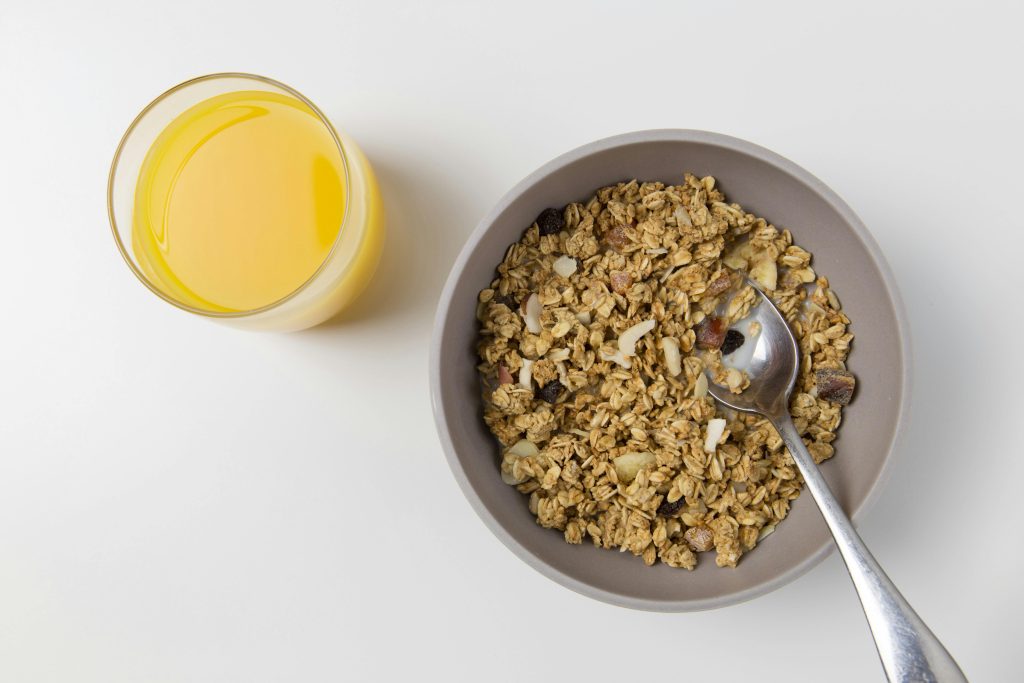Marketing Hype vs. Reality: Do Oats Truly Aid Diabetes Management?
Understanding the Marketing Claims
In recent years, oats have been prominently featured in health marketing campaigns. They are often celebrated as a superfood that can significantly aid in managing blood sugar levels and contribute to diabetes management. From oatmeal packets that proudly highlight their low glycemic index to granola bars boasting a high fiber content, the marketing surrounding oats paints them as a critical component of a healthy diet. However, it’s essential to scrutinize how much of this marketing aligns with scientific evidence.
The Science Behind Oats and Diabetes
Oats, specifically in their whole forms like steel-cut or rolled oats, exhibit a low glycemic index. This property means they induce a slower and more gradual impact on blood sugar levels compared to high-GI foods (Jenkins et al., 1980). Their richness in soluble fiber, particularly beta-glucan, is noteworthy. Beta-glucan has been researched extensively, showing potential in enhancing insulin sensitivity and reducing postprandial blood sugar spikes (Tosh & Chu, 2015). Studies have consistently demonstrated that regular consumption of oats plays a significant role in blood sugar control, an essential aspect of diabetes management (Thies et al., 2014).
Apart from these, oats contribute to overall cardiovascular health, which is often a concern for individuals with diabetes (Thies et al., 2014). The high fiber content not only aids in managing cholesterol levels but also positively influences satiety and digestion, making oats a versatile option in dietary planning.
Reality Check: What Should You Believe?
While oats are undeniably beneficial, they should not be viewed as a standalone solution. Integrating oats into a diabetes management regimen must be done thoughtfully, focusing on the type of oats and preparation methods. For example, it’s important to opt for plain steel-cut or rolled oats rather than instant varieties, which can contain added sugars. Preparation methods should also avoid high-sugar toppings that could negate the benefits.
Furthermore, the glycemic responses can vary based on individual genetics and meal context, indicating the need for a personalized approach to dietary changes (Jenkins et al., 1980).
How to Incorporate Oats Into Your Diet
To effectively include oats in your diet, consider these creative, nutritious ways:
-
Breakfast Bowl: Start your day right with rolled oats mixed with fresh berries and a sprinkle of nuts, offering a balanced start packed with antioxidants and healthy fats.
-
Smoothies: Enhance smoothies with a handful of oats. This addition provides a fiber boost that helps maintain steady blood sugar levels throughout the morning.
-
Savory Dishes: Experiment by using oats as a base for savory dishes. Consider an oat risotto or savory oatmeal complemented by roasted vegetables for a hearty meal.
Additionally, utilizing oats in homemade energy bars or baking can offer a healthful snack option, integrating their benefits into daily life seamlessly.
Conclusion
The marketing claims regarding oats do hold some truth but come with necessary considerations. While oats can be a potent tool in diabetes management, they need to be part of a holistic, balanced diet. It’s imperative for consumers to remain informed and discerning about marketing messages and to rely on scientifically-backed dietary choices that cater to personal health requirements (Hollebeek et al., 2017).
References and Further Reading
-
The Role of Soluble Fiber in Managing Blood Sugar Levels:
-
Jenkins, D. J., Wolever, T. M. S., & Taylor, R. H. (1980). Glycemic index of foods: A physiological basis for carbohydrate exchange. The American Journal of Clinical Nutrition, 34(3), 362-366. Link to study
-
-
Beta-Glucan and Insulin Sensitivity:
-
Tosh, S. M., & Chu, Y. (2015). Systematic review of the effect of processing of whole-grain oat cereals on glycaemic response. British Journal of Nutrition, 114(8), 1256-1272. Link to study
-
-
Oats and Diabetes Management:
-
Thies, F., Masson, L. F., Boffetta, P., & Kris-Etherton, P. (2014). Oats and CVD risk markers: a systematic literature review. British Journal of Nutrition, 112(S2), S19-S30. Link to study
-
-
Consumer Perception and Marketing Influence:
-
Hollebeek, L. D., Juric, B., & Tang, W. (2017). Virtual brand community engagement practices: a refined typology and model. Journal of Services Marketing, 31(3), 204-217. Link to article
-


